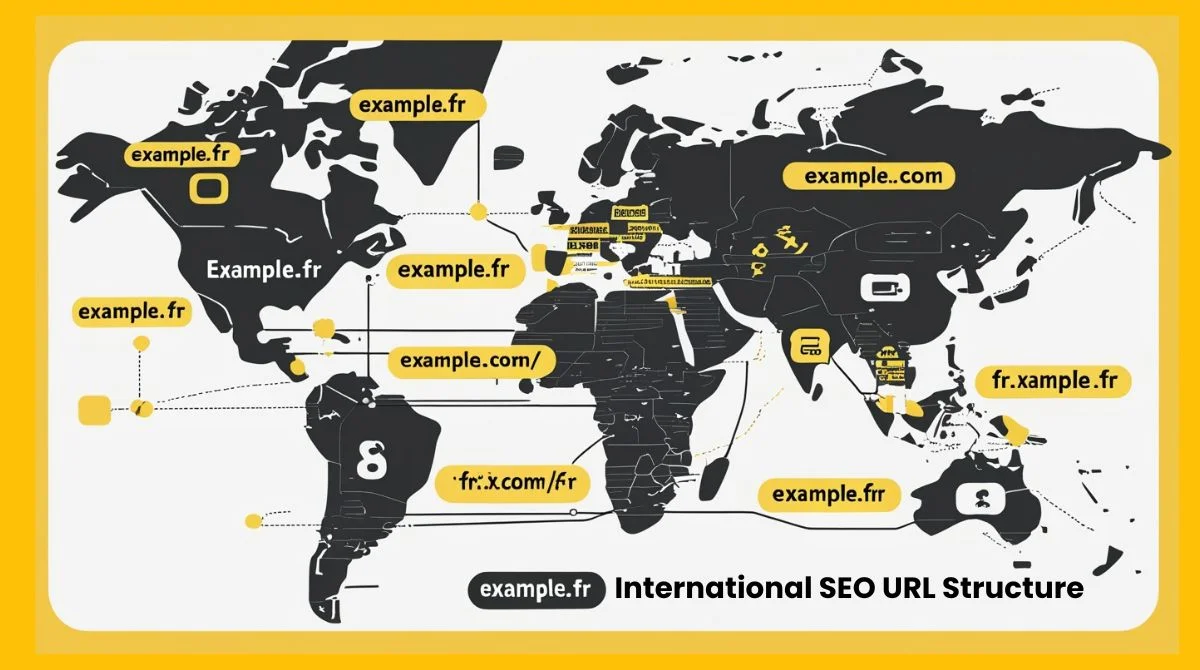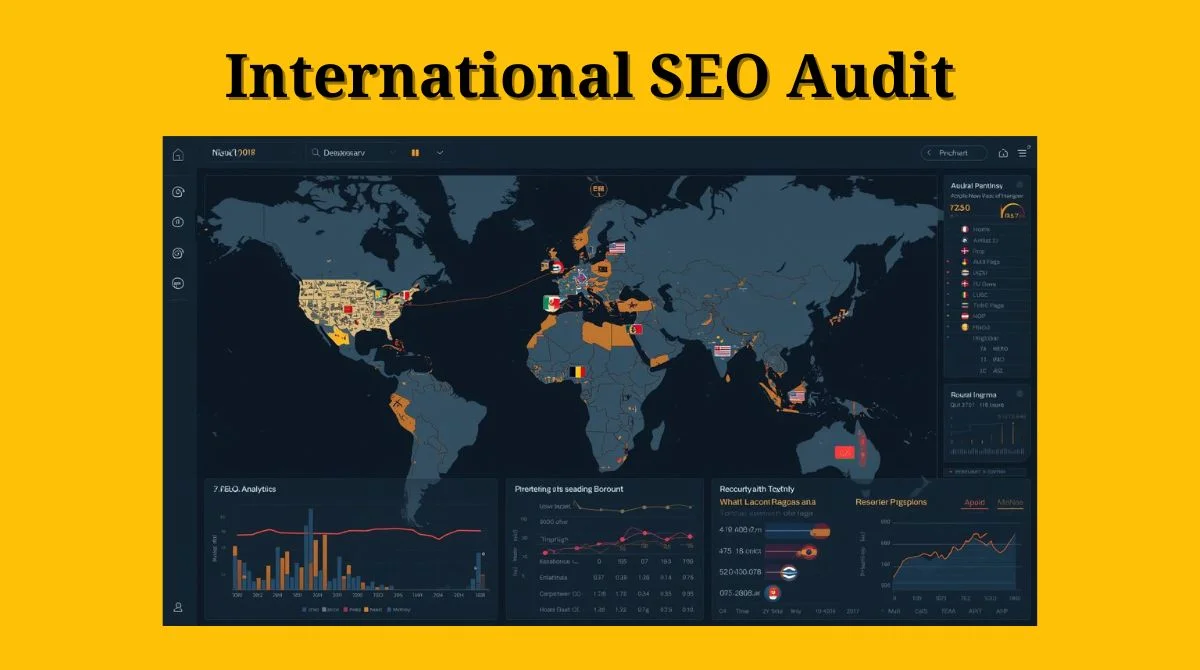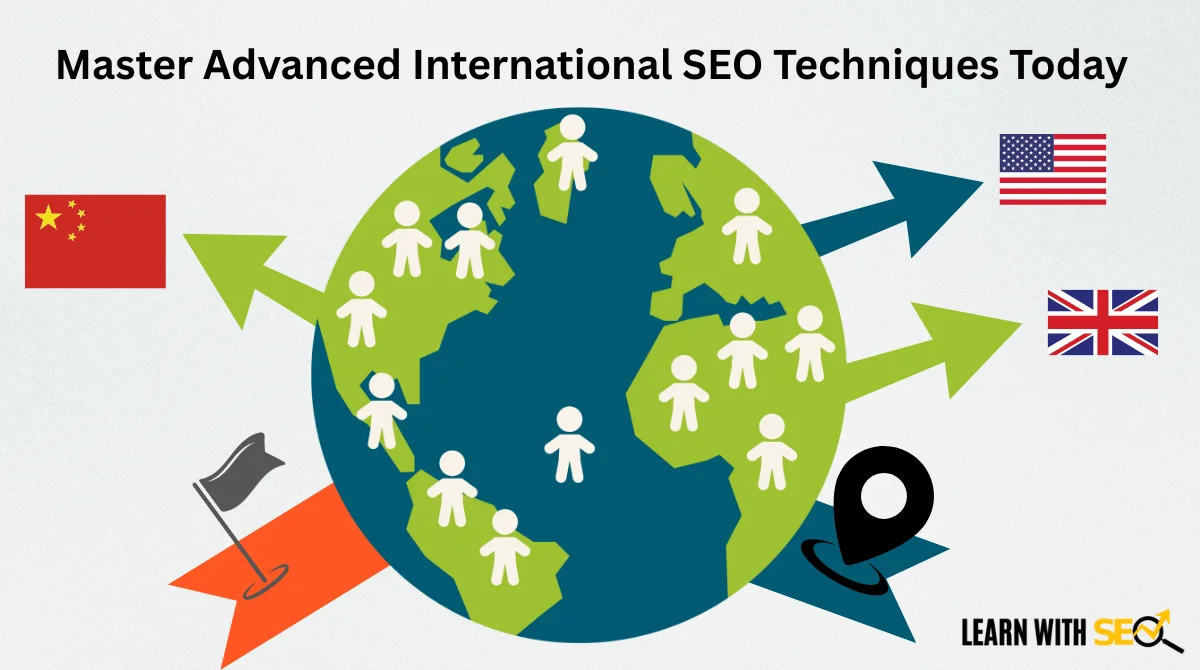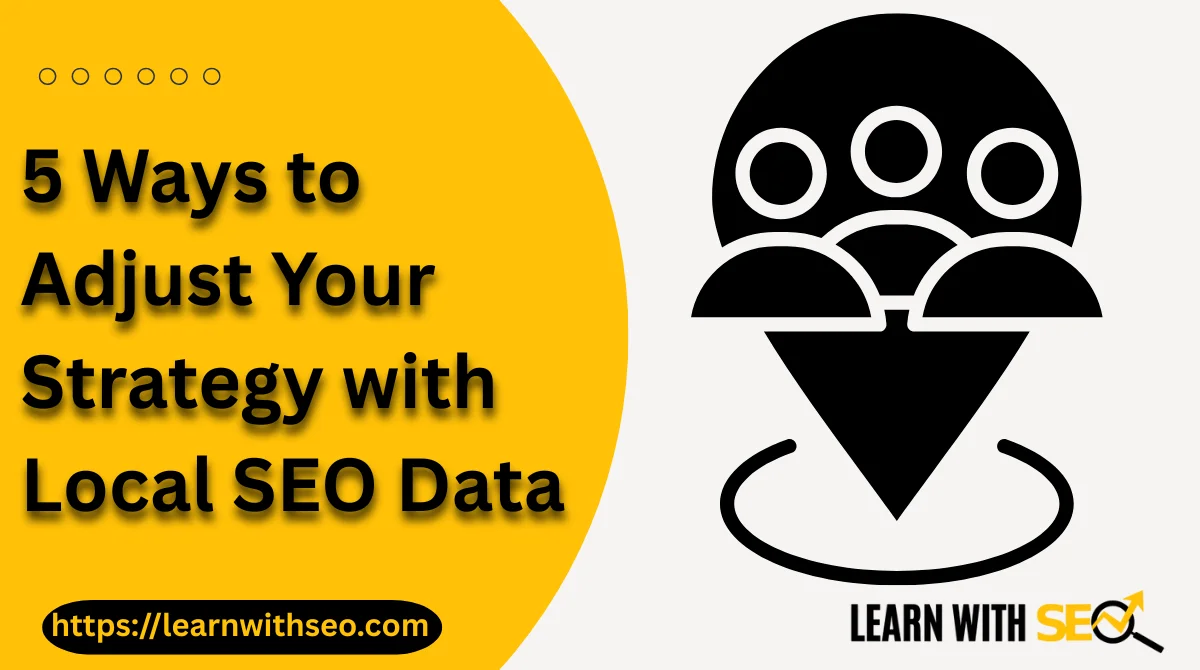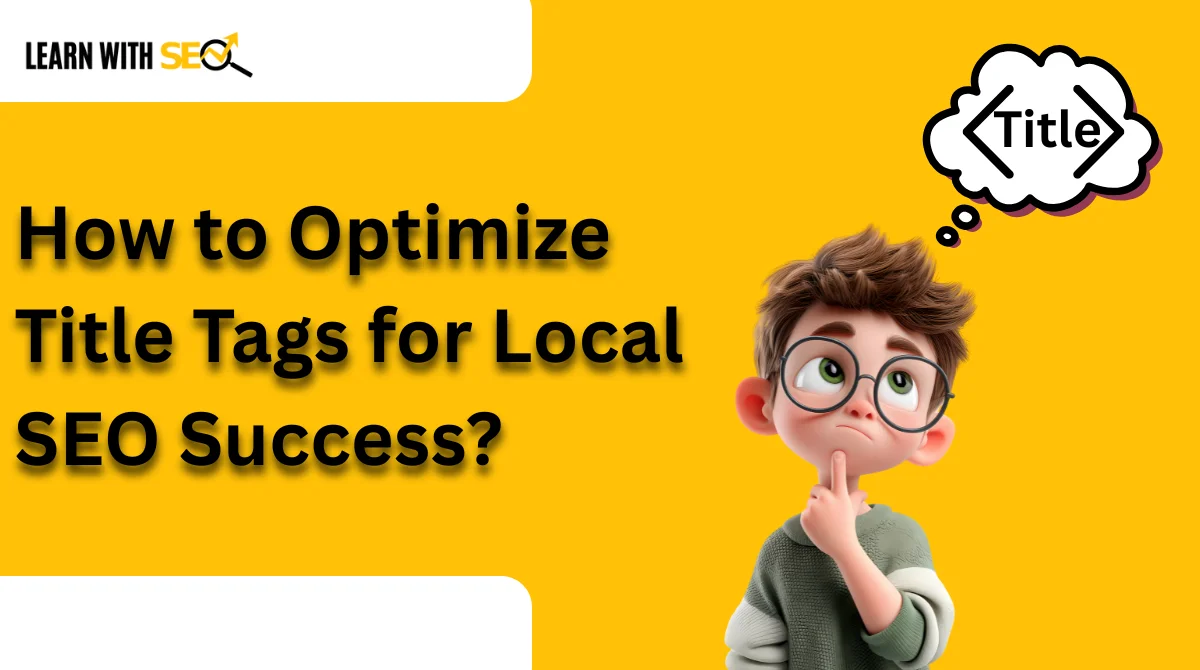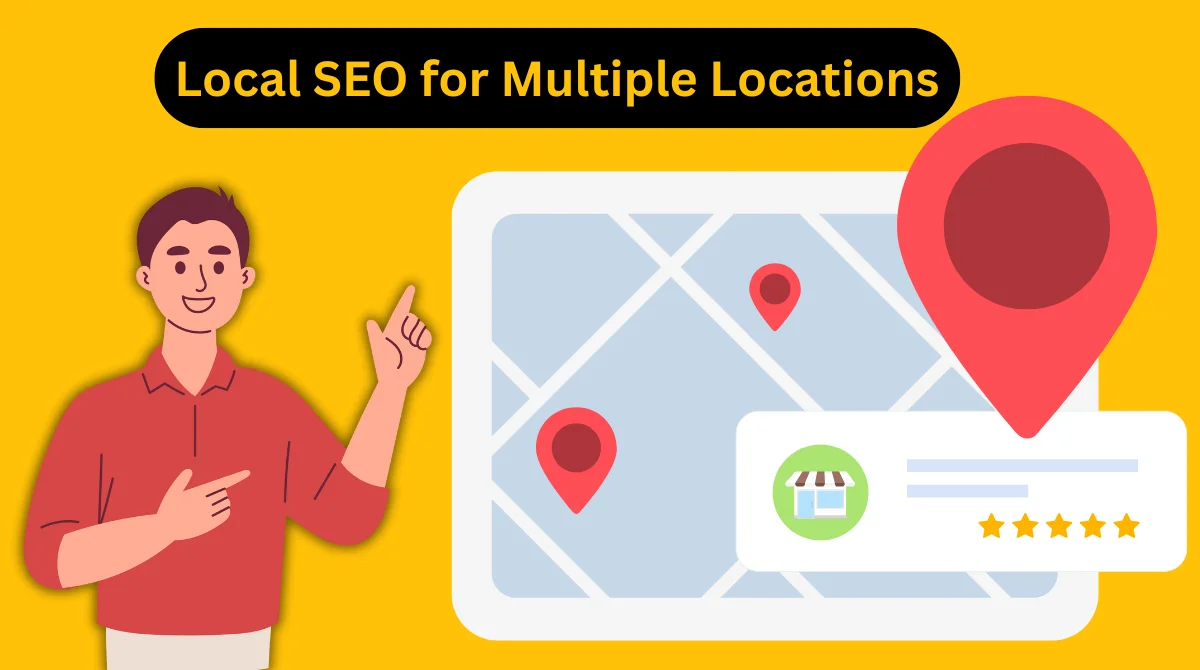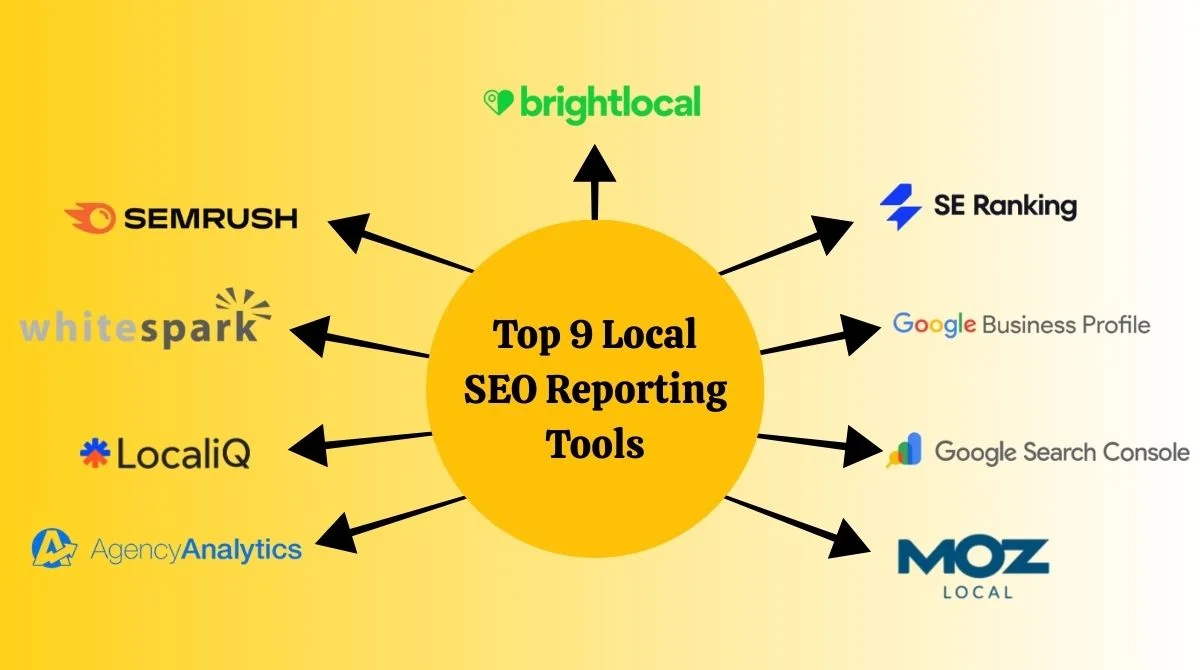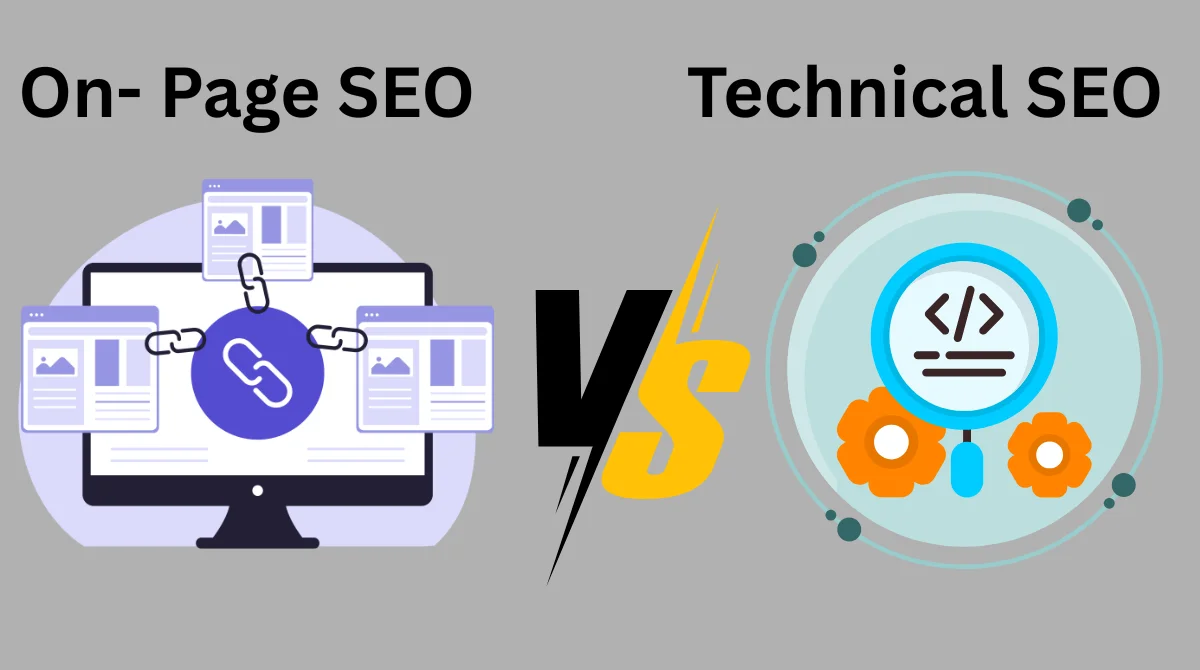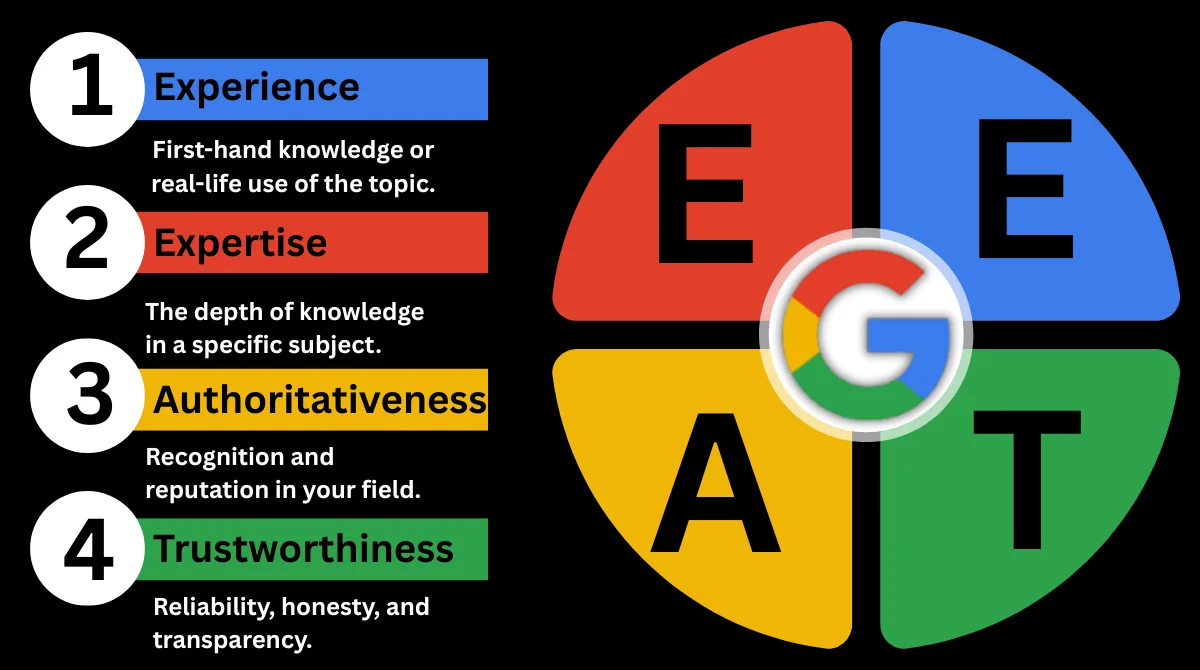Business-to-business companies face unique challenges in search engine optimization. Unlike B2C brands, B2B businesses need to target decision-makers with longer buying cycles and complex purchasing processes.
Among surveyed B2B marketers, 49% of respondents claim to implement SEO in their marketing strategy, more than any other tactic. This shows how crucial a strong B2B SEO strategy has become for modern businesses.
Understanding B2B SEO in 2025
B2B SEO strategy differs significantly from consumer-focused approaches. Your target audience consists of professionals researching solutions for their companies. They search for specific problems, compare vendors, and evaluate ROI before making decisions.
People are now using their phones more and are looking for more personalized content and a human connection. This trend shapes how we approach B2B SEO today.
10 Essential Tips for Your B2B SEO Strategy
1. Focus on Search Intent and User Experience
Understanding search intent forms the foundation of an effective B2B SEO strategy. Google categorizes search intent into three broad categories. “Buying” search intent happens when someone looks up a term because they’re ready to make a purchase. For these queries,
Google usually displays e-commerce results. “Informational” search intent appears when a person searches a term mainly to learn more about a subject.
Create content that matches these different intent types:
- Informational content for early-stage researchers.
- Commercial investigation content for comparison shoppers.
- Transactional content for ready-to-buy prospects.
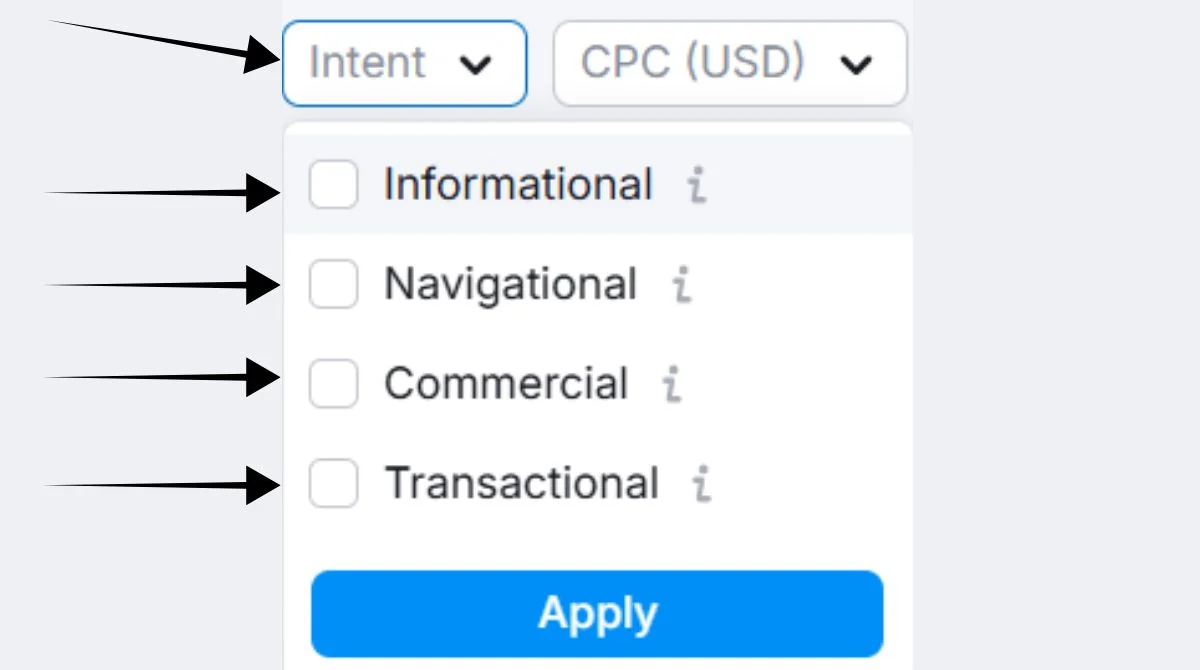
2. Optimize for AI Overviews and Featured Snippets
Google’s business decisions last year, from its introduction of AI Overviews, have changed how search results appear.
To get featured in AI Overviews:
- Use clear headings and provide brief, straightforward answers.
- Use bullet points and numbered lists for step-by-step processes.
- Answer common questions directly within your content.
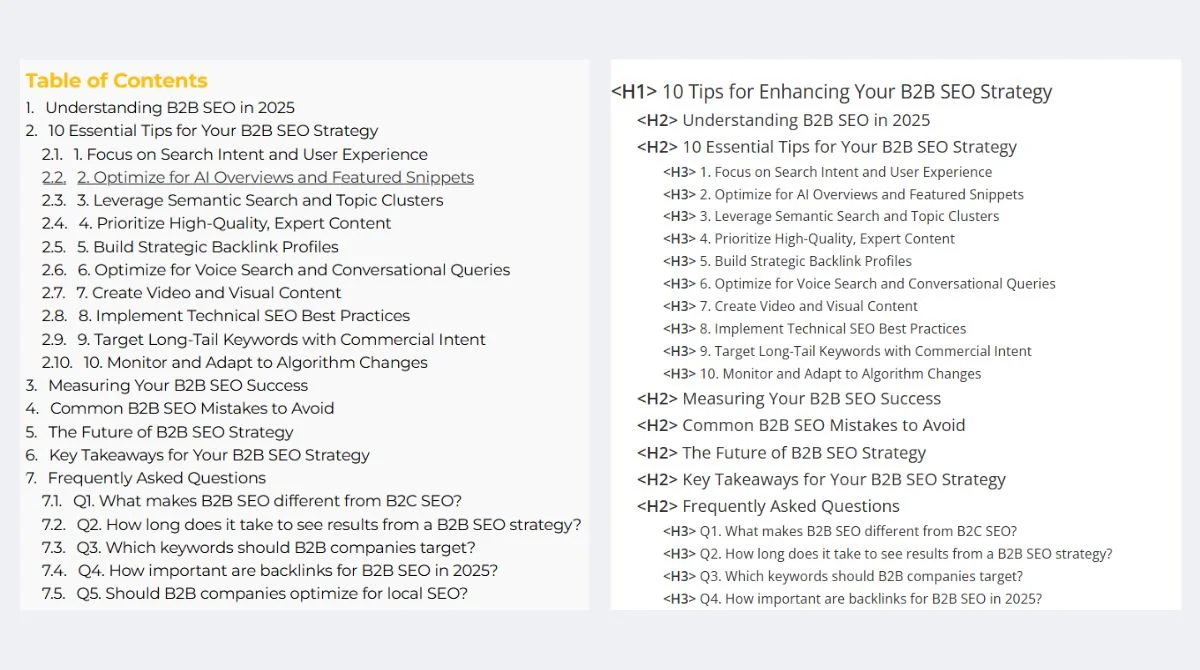
3. Leverage Semantic Search and Topic Clusters
Modern search engines understand context better than ever. Instead of targeting individual keywords, build topic clusters around your main services.
Create pillar pages covering broad topics. Link to supporting pages that dive deeper into specific aspects. This method shows search engines that you have strong authority on the topic.
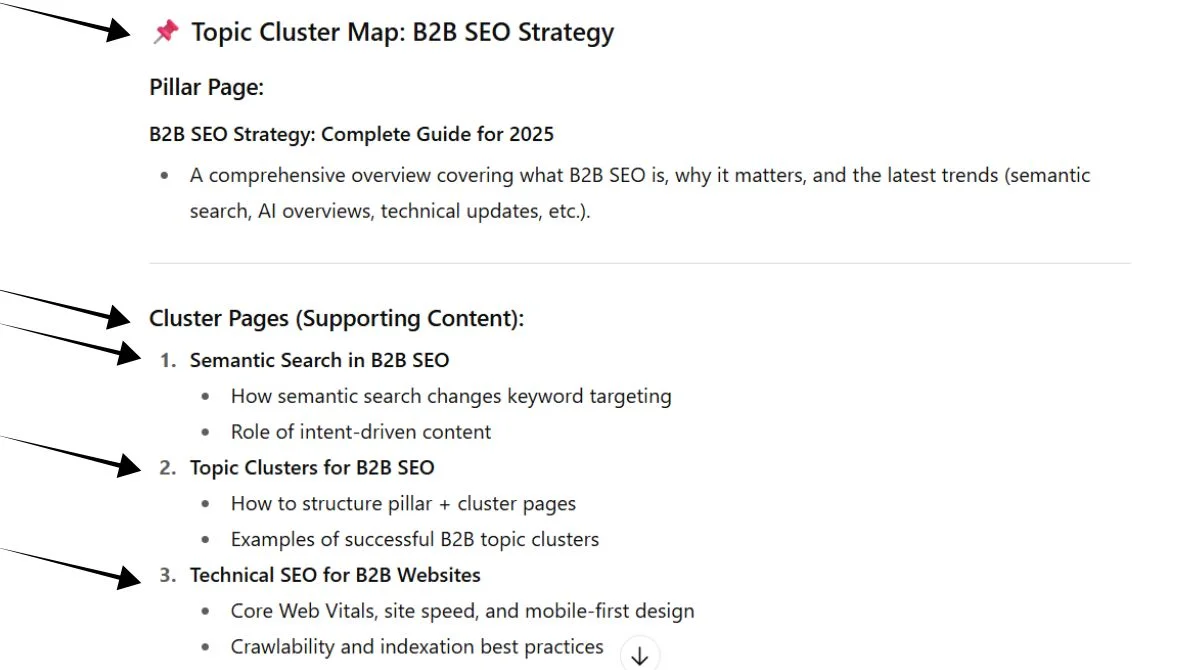
4. Prioritize High-Quality, Expert Content
It emphasized quality, pushing websites with valuable and informative content above their competitors. On the other hand, those with thin content were penalised.
Your B2B SEO strategy must emphasize expertise and authority:
- Publish in-depth industry analyses.
- Share original research and data.
- Include expert quotes and insights.
- Update content regularly with fresh information.
5. Build Strategic Backlink Profiles
Backlinks dropped two points (15% → 13%) in 2024 and remained there as of Q1 2025, highlighting that the factor, which, at one point, made up more than 50% of the algorithm, still matters, albeit far less than it used to.
While backlinks remain important, quality trumps quantity:
- Target industry publications and trade sites.
- Guest post on relevant B2B blogs.
- Earn links through original research.
- Build relationships with industry influencers.
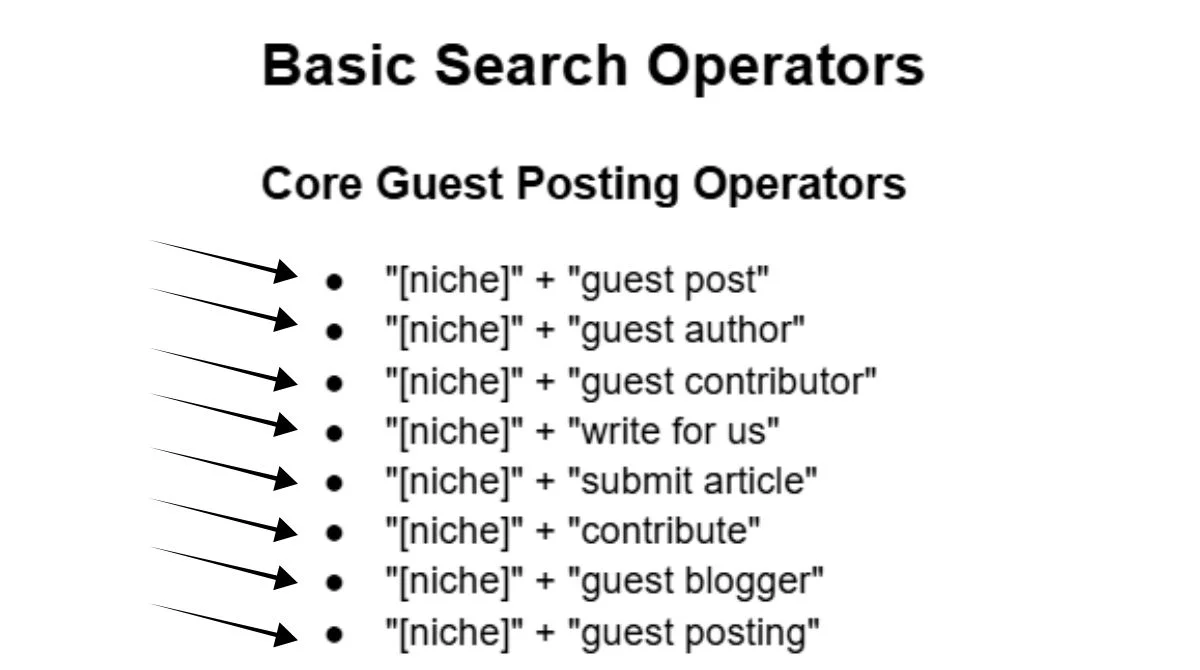
6. Optimize for Voice Search and Conversational Queries
By embracing AI-driven strategies, enhancing user experience, leveraging semantic search, optimizing visual content, focusing on voice search, prioritizing local SEO, and maintaining ethical practices, your company can stay ahead in 2025.
Voice search queries tend to be longer and more conversational. Optimize for natural language patterns:
- Include FAQ sections with conversational questions.
- Use long-tail keywords in natural contexts.
- Optimize for “near me” searches if relevant.
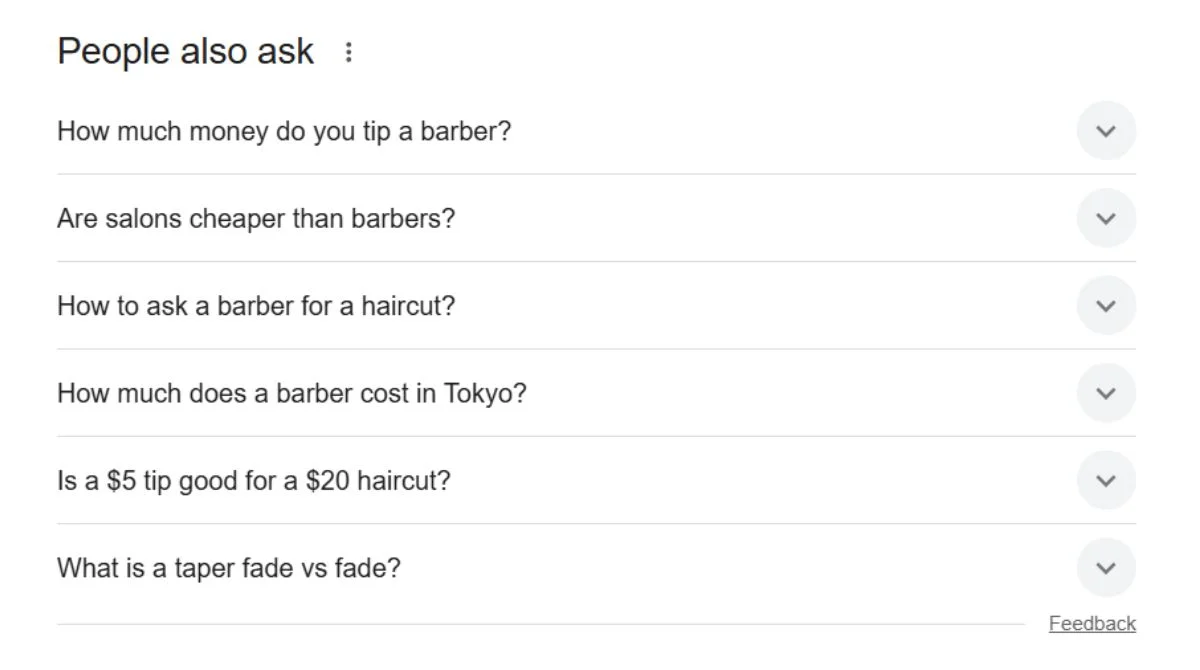
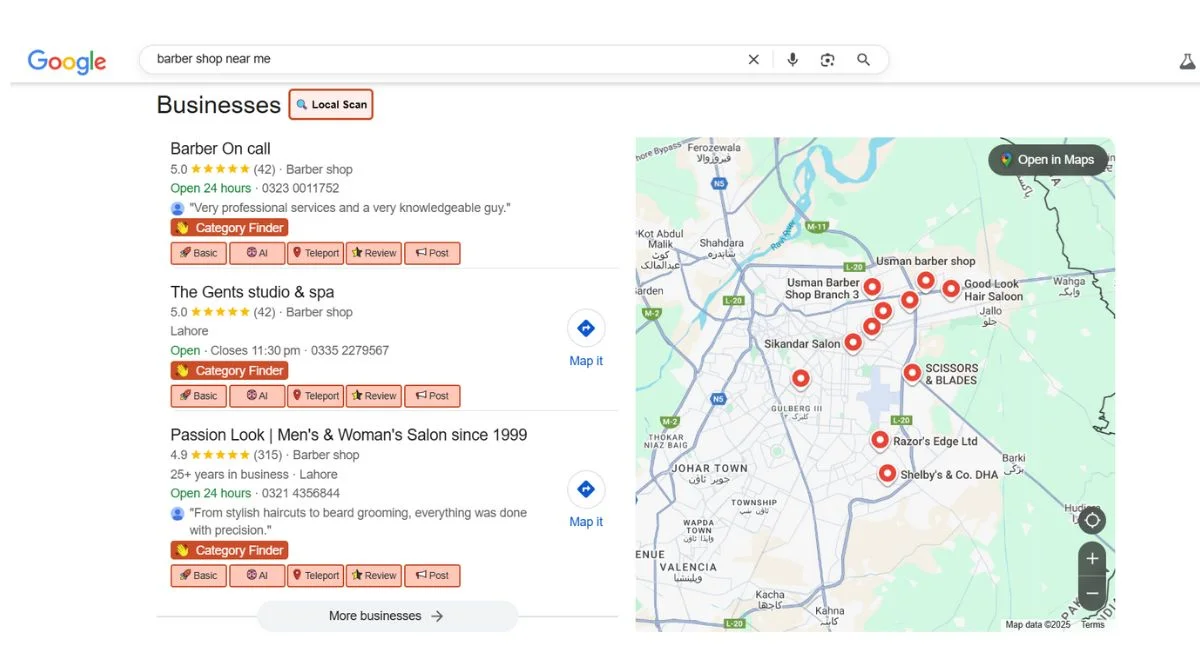
7. Create Video and Visual Content
Visual content performs better in modern search results. B2B buyers want to see products and solutions in action.
Develop these content types:
- Product demonstration videos.
- Infographics explaining complex processes.
- Screenshots and visual guides.
- Interactive tools and calculators.
8. Implement Technical SEO Best Practices
Technical foundations support your entire B2B SEO strategy:
- Ensure fast page loading speeds.
- Optimize for mobile devices.
- Use structured data markup.
- Fix crawl errors and broken links.
- Implement SSL certificates.
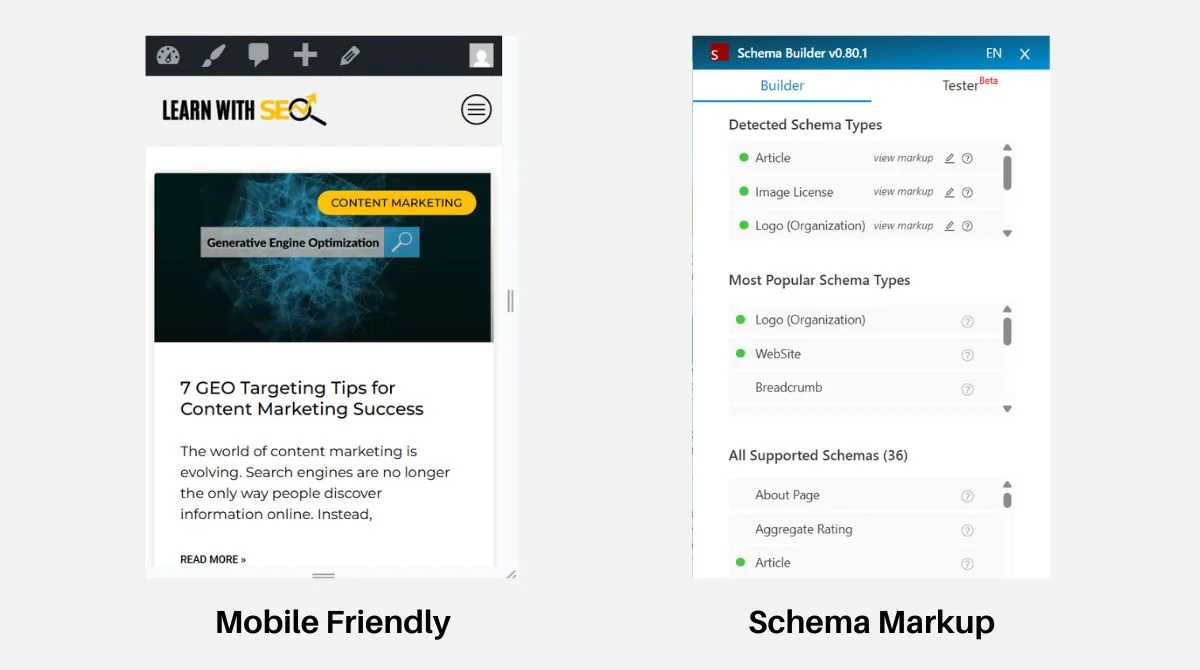
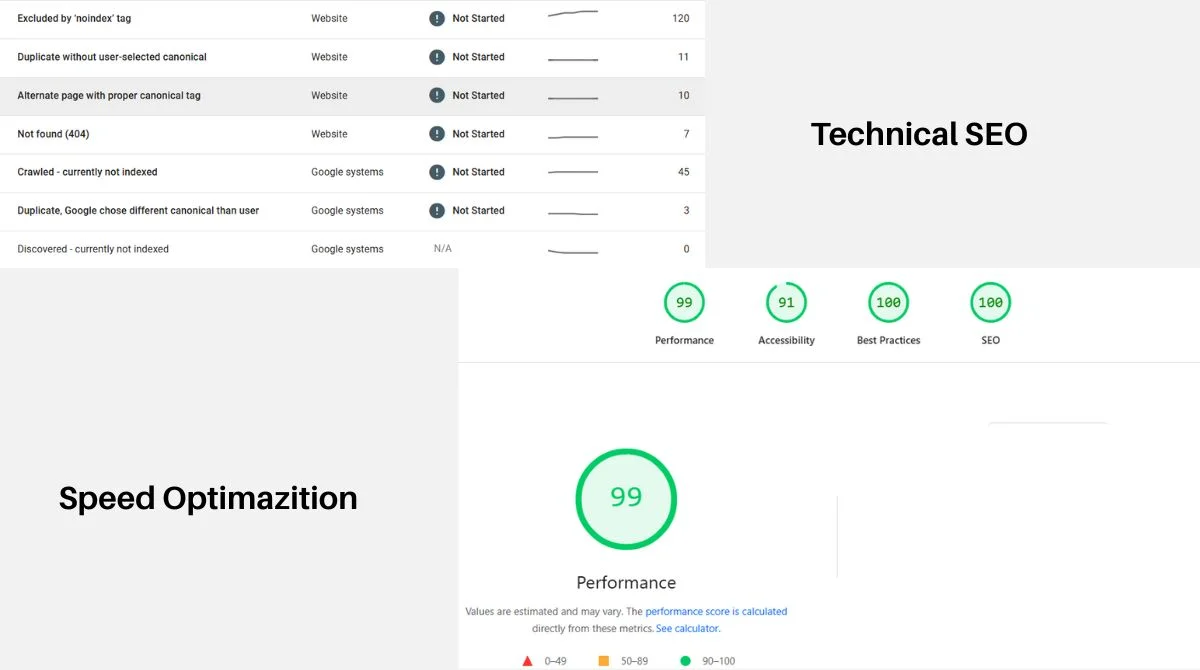
9. Target Long-Tail Keywords with Commercial Intent
B2B searchers often use specific, long-tail queries. These keywords typically have lower competition but higher conversion potential.
Research keywords like:
- “Best [software type] for [industry]”
- “[Problem] solution for [company size]”
- “[Service] provider [location]”
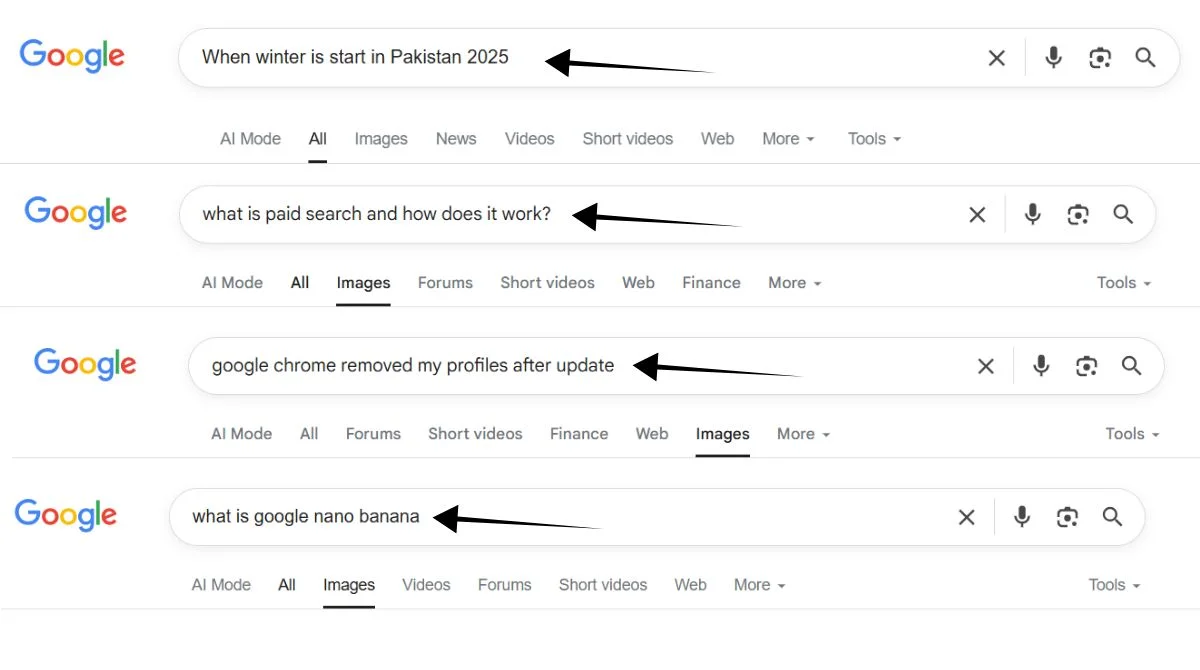
10. Monitor and Adapt to Algorithm Changes
Google’s June 2025 core update, which began rolling out on June 30, has officially completed as of July 17. Algorithm updates happen regularly, requiring constant adaptation.
Stay informed about:
- Core algorithm updates and their impact.
- Changes in search result features.
- New ranking factors and signals.
- Industry-specific search trends.
Measuring Your B2B SEO Success
Track metrics that matter for B2B companies:
- Organic traffic from target keywords.
- Lead quality from organic search.
- Conversion rates by traffic source.
- Brand awareness and share of voice.
Set up goal tracking in analytics tools. Monitor rankings for your most important commercial keywords. Measure the full customer journey, not just immediate conversions.
Common B2B SEO Mistakes to Avoid
Many B2B companies make these critical errors:
- Targeting overly broad keywords: Instead of specific business terms. Generic keywords rarely convert well for B2B companies.
- Ignoring the sales funnel: When creating content. Different prospects need different information at various stages.
- Focusing only on product pages: While neglecting educational content. B2B buyers need extensive research before purchasing.
- Not optimizing for local search: When relevant. Many B2B services have geographic components.
The Future of B2B SEO Strategy
By 2025, more people will turn to forums for answers, particularly when AI-generated responses don’t meet their expectations. In turn, expect more marketers to look for ways to attract customers from places like Reddit and Quora.
This trend suggests B2B companies should:
- Participate in industry forums and communities.
- Create content that addresses real user questions.
- Build authentic thought leadership.
- Focus on human connections alongside technical optimization.
Key Takeaways for Your B2B SEO Strategy
A successful B2B SEO strategy requires patience and consistent effort. Search engine algorithms continue evolving, but fundamental principles remain constant.
Focus on creating genuinely helpful content for your target audience. Build topical authority through comprehensive coverage of your industry. Optimize technical elements while prioritizing user experience.
Remember that B2B SEO strategy success takes time. Most companies see meaningful results within 6-12 months of consistent optimization efforts.
Frequently Asked Questions
Q1. What makes B2B SEO different from B2C SEO?
B2B SEO targets professional decision-makers with longer buying cycles, higher transaction values, and more complex evaluation processes. Content must address business pain points and demonstrate ROI rather than emotional appeals.
Q2. How long does it take to see results from a B2B SEO strategy?
Most B2B companies see initial improvements within 3-6 months, with significant results typically appearing after 6-12 months. Complex industries may require longer due to increased competition and longer sales cycles.
Q3. Which keywords should B2B companies target?
Focus on long-tail keywords with commercial intent, industry-specific terms, and problem-solution combinations. Avoid overly broad consumer terms that don’t convert well for business audiences.
Q4. How important are backlinks for B2B SEO in 2025?
While backlinks remain important ranking factors, their influence has decreased. Quality matters more than quantity, with industry-relevant links from authoritative sources providing the most value.
Q5. Should B2B companies optimize for local SEO?
Yes, if your business serves specific geographic markets. Many B2B services have local components, and local optimization can help capture “near me” searches and regional opportunities.



